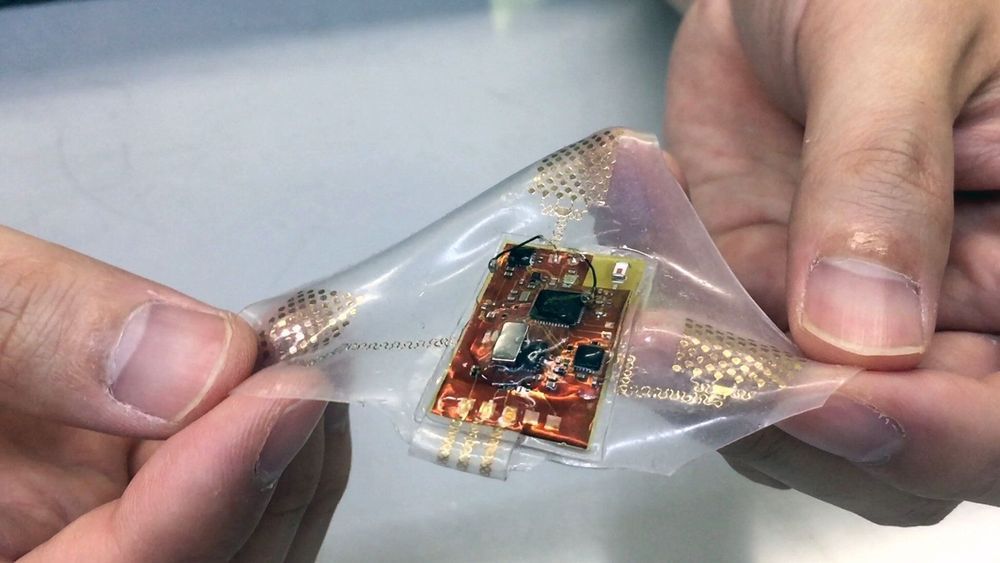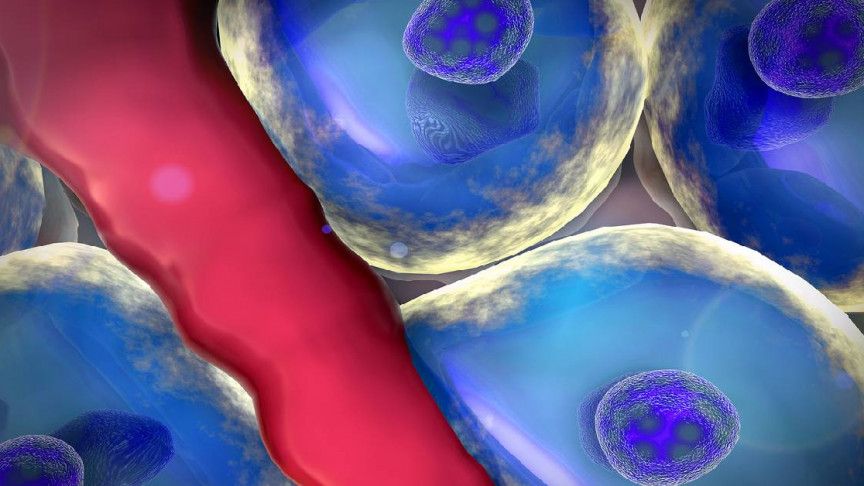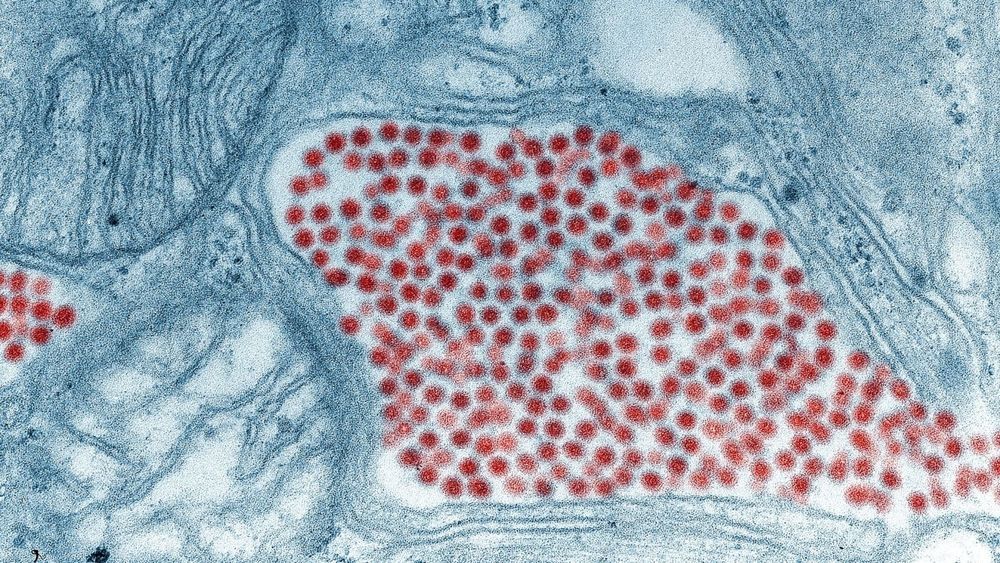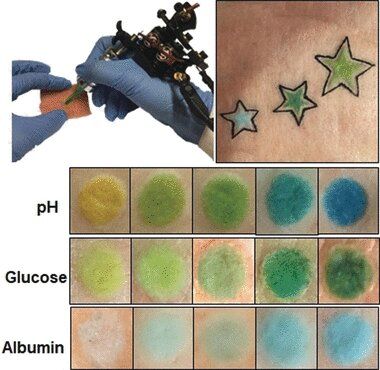Newly discovered life forms inside our bodies profoundly affect our health – and provide a glimpse of the vast and mysterious biological “dark matter” within us.


But critics point out that all that promise could vanish if the rush to implement A.I. tramples patient privacy rights, overlooks biases and limitations, or fails to deploy services in a way that improves health outcomes for most people.
You could be forgiven for thinking that A.I. will soon replace human physicians based on headlines such as “The A.I. Doctor Will See You Now,” “Your Future Doctor May Not Be Human,” and “This A.I. Just Beat Human Doctors on a Clinical Exam.” But experts say the reality is more of a collaboration than an ousting: Patients could soon find their lives partly in the hands of A.I. services working alongside human clinicians.
There is no shortage of optimism about A.I. in the medical community. But many also caution the hype surrounding A.I. has yet to be realized in real clinical settings. There are also different visions for how A.I. services could make the biggest impact. And it’s still unclear whether A.I. will improve the lives of patients or just the bottom line for Silicon Valley companies, health care organizations, and insurers.
“I think that all our patients should actually want A.I. technologies to be brought to bear on weaknesses in the health care system, but we need to do it in a non-Silicon Valley hype way,” says Isaac Kohane, a biomedical informatics researcher at Harvard Medical School.

A wireless, wearable monitor built with stretchable electronics could allow comfortable, long-term health monitoring of adults, babies and small children without concern for skin injury or allergic reactions caused by conventional adhesive sensors with conductive gels.
The soft and conformable monitor can broadcast electrocardiogram (ECG), heart rate, respiratory rate and motion activity data as much as 15 meters to a portable recording device such as a smartphone or tablet computer. The electronics are mounted on a stretchable substrate and connected to gold, skin-like electrodes through printed connectors that can stretch with the medical film in which they are embedded.
“This health monitor has a key advantage for young children who are always moving, since the soft conformal device can accommodate that activity with a gentle integration onto the skin,” said Woon-Hong Yeo, an assistant professor in the George Woodruff School of Mechanical Engineering and Wallace H. Coulter Department of Biomedical Engineering at the Georgia Institute of Technology. “This is designed to meet the electronic health monitoring needs of people whose sensitive skin may be harmed by conventional monitors.”

According to Public Health England, l iver disease is a devastating all too common condition. It is the fifth biggest killer in the UK and the third most common cause of premature death and it is on the rise.
Regenerating liver tissue
Now, researchers at King’s College London may have found a solution to this disease. The scientists have used single cell RNA sequencing to identify a type of cell that may be able to effectively regenerate liver tissue.

One of the most dangerous but thankfully rare mosquitoborne diseases has been spotted again in Florida, state health officials say. According to a public advisory issued this month by the Florida Department of Health in Orange County, the Eastern equine encephalitis virus (EEEV) was found in the state. The virus is capable of causing severe brain damage that can kill up to a third of its human victims.
EEEV can be spread by several species of mosquitoes, including those that make their home along the warmer areas of the U.S. Though many people infected with EEEV either develop no or only flu-like symptoms, around 5 percent go on to experience serious brain swelling (the titular encephalitis). This swelling can then lead to headaches, drowsiness, convulsions, and coma, with death coming as quickly as two days after symptoms start. And even if you’re lucky enough to survive the experience, you’ll probably be left with lifelong neurological impairment.

To tackle this environmental catastrophe, U.S. companies and researchers are developing AI-assisted robotic technology that can work with humans in processing plants and improve quality control. The goal is to have robots do a better job at sorting garbage and reduce the contamination and health hazards human workers face in recycling plants every day. Sorting trash is a dirty and dangerous job. Recycling workers are more than twice as likely as other workers to be injured on the job, according to a report at the University of Illinois School of Public Health. The profession also has high fatality rates.
The U.S. is facing a recycling crisis that is burying cities and towns in tens of millions of tons of garbage a day. The problem began last year when China, the world’s largest recyclable processor, stopped accepting most American scrap plastic and cardboard due to contamination problems, and a glut of plastics overwhelming its own processing facilities. Historically, China recycled the bulk of U.S. waste.
Contamination in the U.S. is high since recyclables are often dumped into one bin instead of multi-streamed or separated from the source. Now China has strict standards for recycling materials it will accept, requiring contamination levels in a plastic bale, for example, contain one-tenth of 1%.
The situation is dire for many local economies as recycling costs skyrocket. It’s forced many cities and some small communities to stop recycling all together. Now more waste is ending up in landfills and incinerators.

The art of tattooing may have found a diagnostic twist. A team of scientists in Germany have developed permanent dermal sensors that can be applied as artistic tattoos. As detailed in the journal Angewandte Chemie, a colorimetric analytic formulation was injected into the skin instead of tattoo ink. The pigmented skin areas varied their color when blood pH or other health indicators changed.
Skeletal muscle is important not only for locomotion but also for regulating metabolic function. Lahiri et al. studied the interactions between the gut microbiota and skeletal muscle in mice. They identified genes and signaling pathways involved in the regulation of skeletal muscle mass and function that responded to cues from the gut microbiota. Additional biochemical and functional analysis also revealed the influence of the gut microbiota on the function of neuromuscular junctions. These findings open the door to a better understanding of the role of the gut microbiota in the mechanisms underlying loss of muscle mass.
The functional interactions between the gut microbiota and the host are important for host physiology, homeostasis, and sustained health. We compared the skeletal muscle of germ-free mice that lacked a gut microbiota to the skeletal muscle of pathogen-free mice that had a gut microbiota. Compared to pathogen-free mouse skeletal muscle, germ-free mouse skeletal muscle showed atrophy, decreased expression of insulin-like growth factor 1, and reduced transcription of genes associated with skeletal muscle growth and mitochondrial function. Nuclear magnetic resonance spectrometry analysis of skeletal muscle, liver, and serum from germ-free mice revealed multiple changes in the amounts of amino acids, including glycine and alanine, compared to pathogen-free mice. Germ-free mice also showed reduced serum choline, the precursor of acetylcholine, the key neurotransmitter that signals between muscle and nerve at neuromuscular junctions.